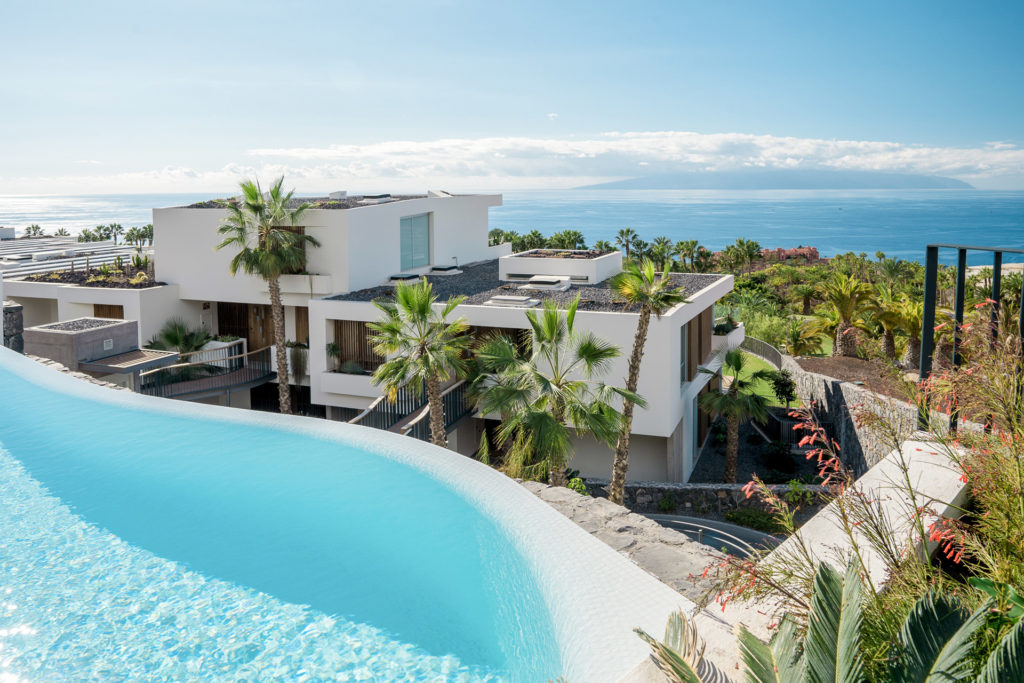
The world of luxury tourism is a blend of perceptions and realities that together define a unique and exclusive travel experience. But there are also ideas out there, especially in settings that pride themselves on opulence, that can distort the true essence of luxury. All that glitters is not gold, so today we are analyzing luxury travel to note emerging trends and decipher luxury’s essence and challenges.
Demystifying luxury: the false impressions surrounding elite tourism
So-called high-end tourism comes with baggage: false myths so deeply rooted that they distort its true essence. One of them is the association of luxury with extreme opulence and inordinate wealth. This notion limits the concept of luxury to a small elite, ignoring the current evolution toward experiences focused on authenticity and personalized exclusivity that go beyond displays of wealth.
There is also an erroneous belief that luxury hotels are inaccessible to the majority of people and are reserved for celebrities or those with high purchasing power. But if you look closely at market trends and diversification, it’s clear that access to luxury tourism has been democratized and a much wider range of travelers can now enjoy exceptional experiences.
Another myth is that ostentatious architecture is what makes a place luxurious. But is every high-profile construction or decoration project really luxurious? Not at all. In fact, recent analysis shows simplicity and quality to be the most common signifiers of class and elegance.
In summary, these myths are being shattered by a new understanding of luxury tourism as experiences that are unique, meaningful, sustainable and accessible to a more diverse audience, and in which authenticity and emotional connection are prized.
Hospitality and luxury
What, then, does “premium tourism” mean? What are the characteristics of a luxury hotel? It’s no longer enough to have a five-star rating, singular architecture, or sophisticated amenities. A true luxury hotel is able to offer personalized and exceptional experiences. It immerses guests in an environment in which every detail has been so carefully considered that they tell a unique story.
They key lies in personalized service and the emotional bonds a hotel establishes with its guests. Authenticity is a hallmark: in the attention given by the staff, and in the offer of unique experiences based on the cultural essence of the destination.
A true luxury hotel transcends the material and seeks to captivate its guests through experiences that can range from the gastronomic to the spiritual, and from the sensory to the intellectual. It is a place where every interaction, every service, is designed to create indelible memories.
The future of luxury hospitality: personalization and sustainability
Luxury hospitality is in the middle of an exciting transformation process. It is shifting from a focus on exclusivity to providing more authentic and genuine experiences. Today’s travelers want to connect to their destination. Impersonal first-class service that follows the rules of etiquette is no longer desired; they want exceptional, authentic attention from beginning to end.
Sustainability has become a central focus for guests in general, and also specifically for those drawn by fine dining. These itinerant gourmands want experiences that minimize environmental impact while still delivering maximum novelty, and the entire industry is taking note.
In the world of luxury tourism, myths are giving way to a more accessible, authentic and, of course, sustainable reality. The key lies in creating experiences that transcend conventional expectations, constantly challenge pre-established notions, and strive for uniqueness. Evolution continues and today’s challenges point the way to a more personalized and meaningful hotel development world, where every experience becomes an unforgettable story.



